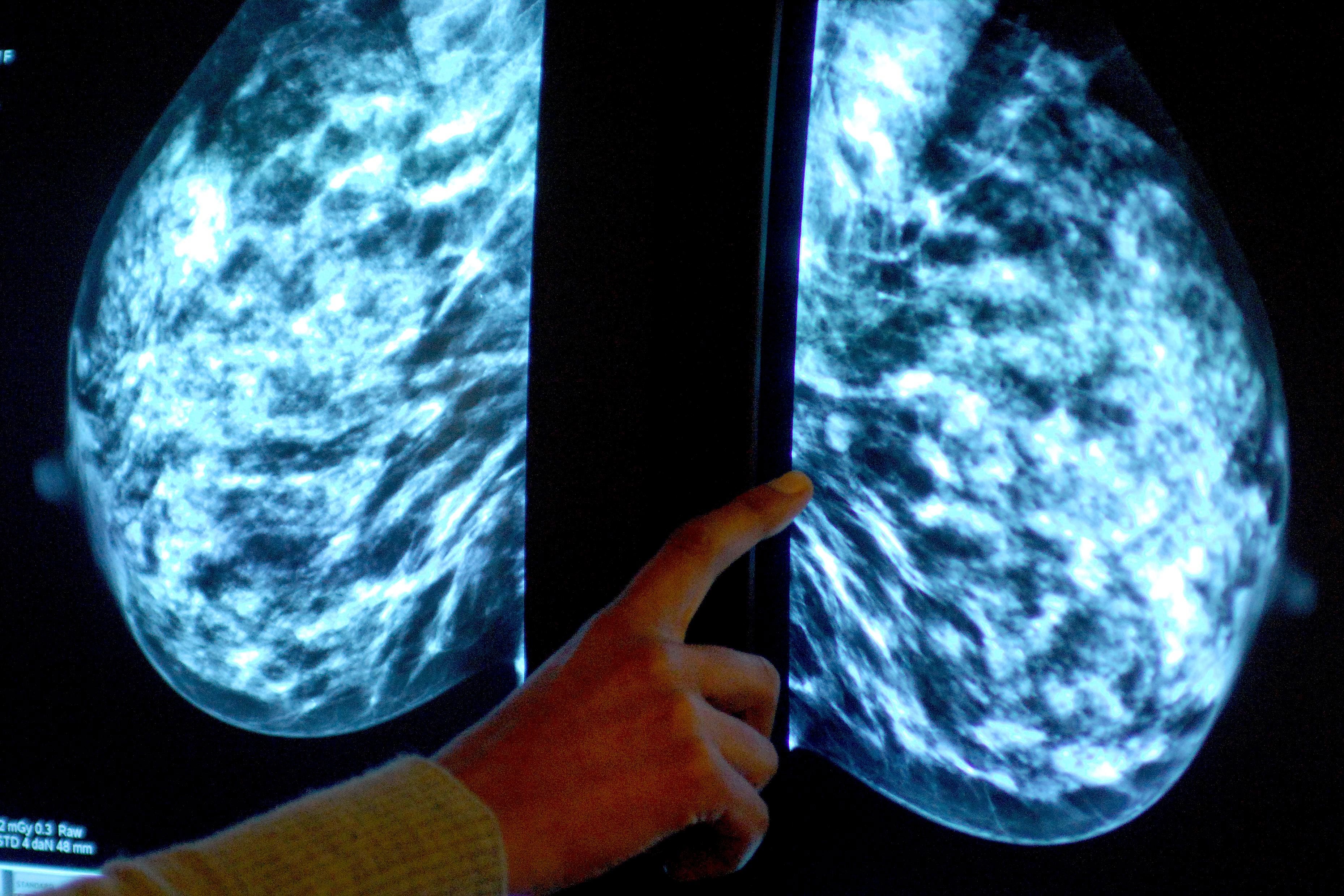What is Anastrozole? The breast cancer drug that can cut risk by half
Women post-menopause with ‘strong family history’ of breast cancer encouraged speak to GP about drug, expert says
Your support helps us to tell the story
From reproductive rights to climate change to Big Tech, The Independent is on the ground when the story is developing. Whether it's investigating the financials of Elon Musk's pro-Trump PAC or producing our latest documentary, 'The A Word', which shines a light on the American women fighting for reproductive rights, we know how important it is to parse out the facts from the messaging.
At such a critical moment in US history, we need reporters on the ground. Your donation allows us to keep sending journalists to speak to both sides of the story.
The Independent is trusted by Americans across the entire political spectrum. And unlike many other quality news outlets, we choose not to lock Americans out of our reporting and analysis with paywalls. We believe quality journalism should be available to everyone, paid for by those who can afford it.
Your support makes all the difference.A drug previously used to treat breast cancer is now being offered to high risk women as a preventative measure.
Scientists have found that the hormone therapy - called anastrozole - can prevent women from developing breast cancer and that the protective effect lasts for years after the treatment has ended.
It has previously been used to treat breast cancer but has been “repurposed” to prevent cases. It is the first drug to go through NHS England’s Medicines Repurposing Programme.
NHS chief executive Amanda Pritchard said: “It’s fantastic that this vital risk-reducing option could now help thousands of women and their families avoid the distress of a breast cancer diagnosis.
“Allowing more women to live healthier lives, free of breast cancer is truly remarkable, and we hope that licensing anastrozole for a new use today represents the first step to ensuring this risk-reducing option can be accessed by all who could benefit from it.”
What is the drug?
Anastrozole was first recommended as a preventive option by the National Institute for Health and Care Excellence (Nice) in 2017, however, with the treatment being unlicensed in this use, uptake has remained low.
Now the drug has been licensed by the Medicines and Healthcare products Regulatory Agency as a preventive option as well.
It works by cutting down the amount of the hormone oestrogen that a patient’s body makes by blocking an enzyme called aromatase.
The treatment is taken as a 1mg tablet, once a day for five years and works by cutting down the amount of the hormone oestrogen that a patient’s body makes by blocking an enzyme called aromatase.

How can women get it?
Women who have “passed the menopause” and have a “ strong family history of breast cancer” are eligible for the drug, Prof Peter Johnson, NHS England’s National Clinical Director for cancer, said.
The professor said women who are in this category should speak to their GP about whether this drug could be suitable for them.
Some 289,000 post-menopausal women in England who are considered to have a moderate or high risk of breast cancer will be offered the drug in a bid to reduce the risk of developing the disease.
How effective is it?
Trials have shown that the drug reduces breast cancer cases by 49 per cent over 11 years among eligible women, meaning that if just 25 per cent of eligible women in England take up the offer – and half of those take the drug for the recommended five years – then 2,000 cases will be prevented.
Prof Johnson said: “I think it is always going to be a more restricted number of people for whom the risk of breast cancer is particularly high. Not everybody will get on with it, some people do get side effects, no doubt about that.”
Are there side effects?
The most common side effects of the medicine are hot flushes, feeling weak, pain/stiffness in the joints, arthritis, skin rash, nausea, headache, osteoporosis, and depression.

Join our commenting forum
Join thought-provoking conversations, follow other Independent readers and see their replies
Comments